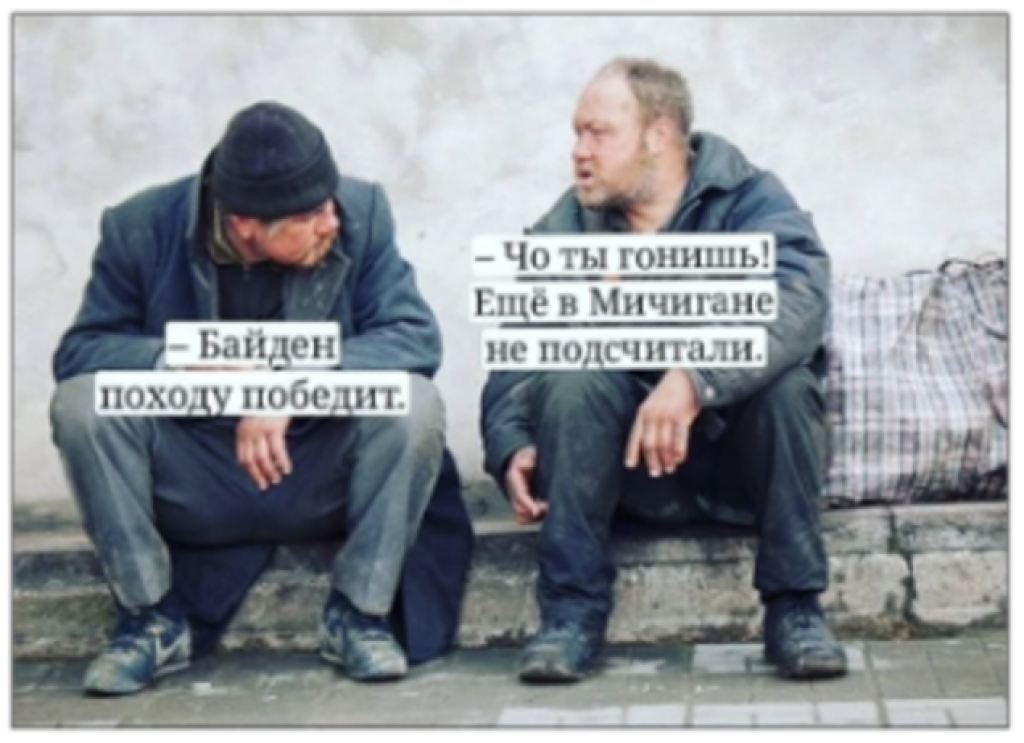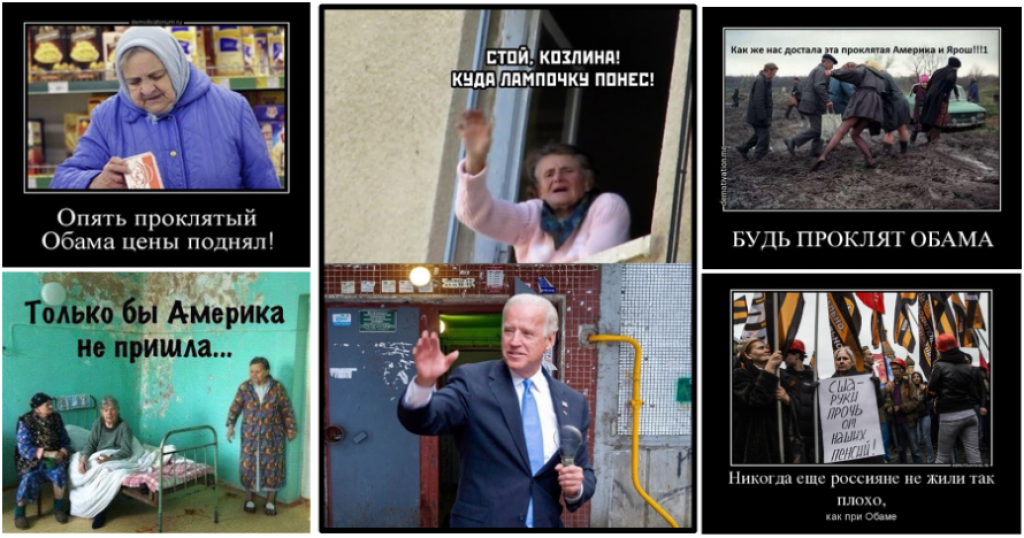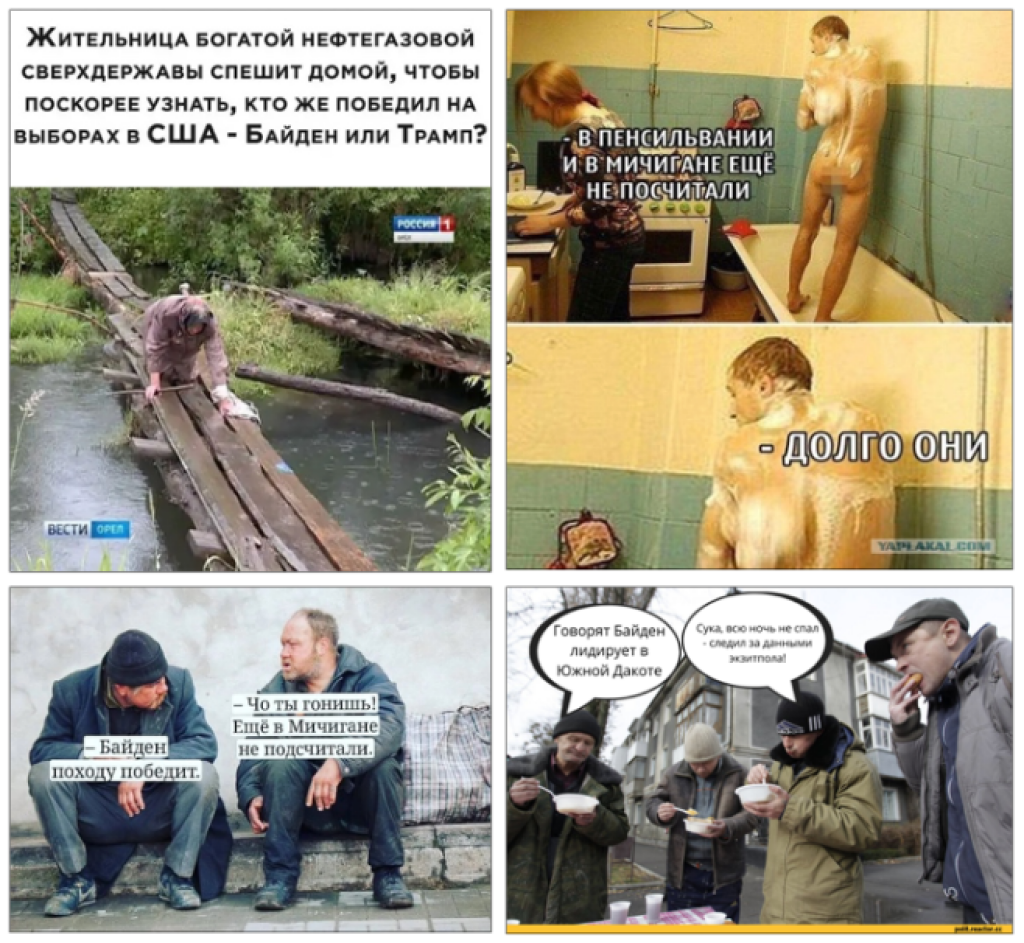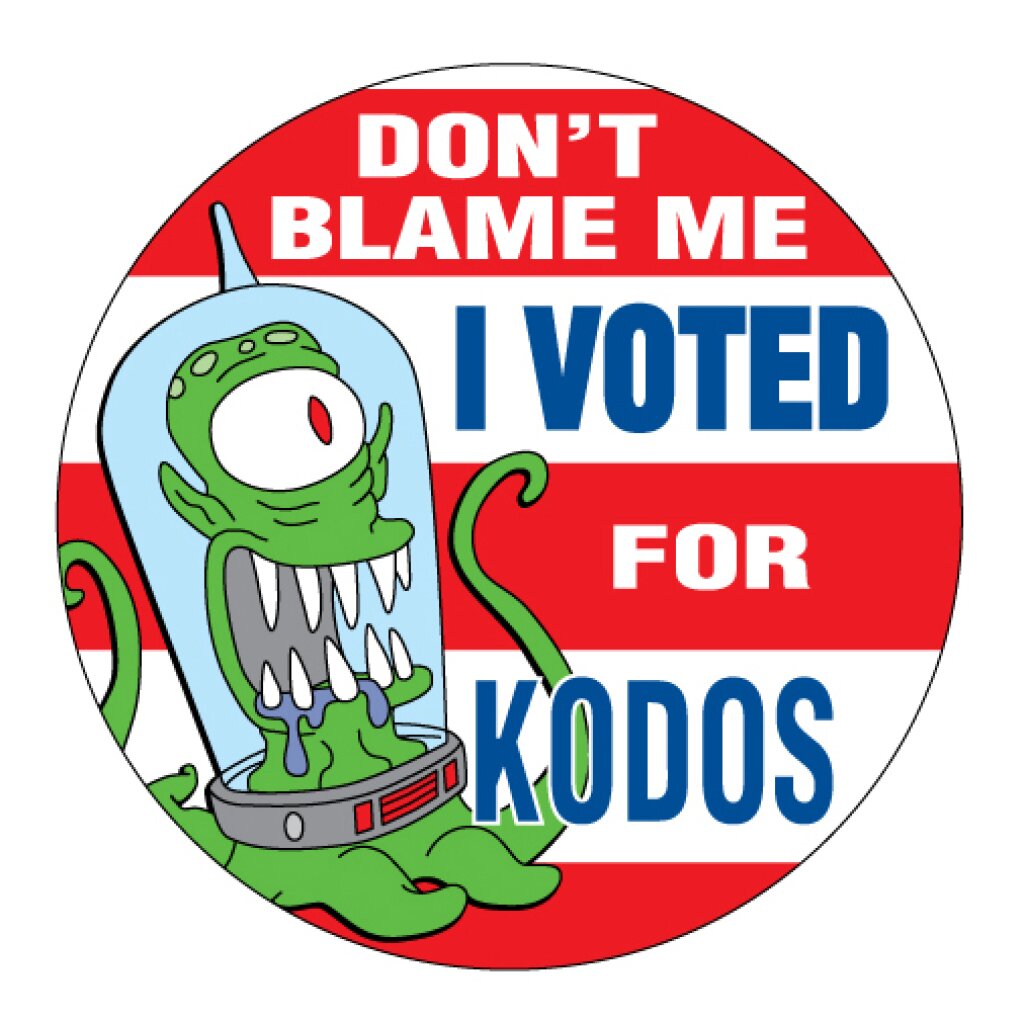Dr. Volha Kananovich is an assistant professor of digital journalism at Appalachian State University in Boone, North Carolina. Her research examines how political and media discourse shape the perceived legitimacy of politically meaningful citizen engagement with the state across authoritarian and democratic contexts.
The question of public support for Putin’s regime has become a major focus of debate following Russia’s full-scale invasion of Ukraine. Some viewed the war as a direct result of Putin’s personal revisionist grievances, going so far as to call the invasion “Putin’s war.” Others suggested that public support for the regime is underestimated—especially after Russia’s blitzkrieg collapsed into a war of attrition that forced the Kremlin to initiate mass mobilization despite an increasingly devastating toll, which in turn led to no widespread protests or other active signs of public dissent.
Assessing how much the Russian public supports state propaganda is no easy feat. Even harder is to distinguish genuine belief from coerced compliance. Searching for ways to gauge public sentiment, some researchers have revisited their pre-2022 work to look for early signs of the public’s tacit support for the war.
My own research offers a similar opportunity. One of my studies explored how public support for state propaganda is interpreted by critically minded Internet users. The study examined memes, which may initially seem like superficial elements of Internet culture. Yet despite their lighthearted appearance, memes are enjoying growing popularity among scholars, who praise their capacity to offer valuable insights into social sentiment.
Why? Much like biological genes—which inspired the concept of memes—the survival of memes depends on their ability to adapt to the social environments in which they are created and spread. Memes achieve popularity by gaining traction with audiences through shared values, assumptions, and tropes. Researchers argue that an online meme that wins the contest for public attention—especially in today’s oversaturated information environment—offers a direct link to the cultural zeitgeist, which may not be captured through more rigid measures of public opinion. This feature makes meme analysis particularly useful in the Russian context, where gauging public support for the regime is especially challenging.
What, then, can memes tell us about the attitudes of “ordinary Russians”—at least in the eyes of meme creators who do not support the regime? To answer this question, I analyzed hundreds of online memes that mock key aspects of Kremlin narratives: Russia’s status as a global superpower and blaming the United States for undermining Russia domestically and abroad.
Several insights have emerged from my study. First, memes portray regime supporters as not only consuming propaganda in large quantities, but also doing so enthusiastically and of their own accord. While some memes depict “ordinary Russians” blaming US presidents during government-orchestrated rallies meant to simulate popular support, most show them in informal settings, eagerly misdirecting their frustrations with their quality of life toward officially sanctioned enemies.
Going back several US presidencies, the memes depict Russians blaming Barack Obama for high prices while grocery shopping, accusing Joe Biden of stealing lightbulbs from their modest apartment buildings, and hoping that America “doesn’t come” to Russia as they languish in a rundown medical facility. Such portrayals highlight the absurdity of Russia’s superpower claims, easily undermined by such trivial acts of “sabotage,” yet seemingly unnoticed by the “ordinary Russians” they depict.
The pattern that emerges is anything but trivial, however. By portraying the targets of their mockery in informal settings—for instance at home, the memes suggest that even when they are away from direct government oversight, many “ordinary Russians” continue to parrot Kremlin talking points.
Another common theme in the memes is the portrayal of “ordinary Russians” as hyper-focused on US political news. Indifferent to their own country’s politics, powerless to bring about change, and unable to improve their poor living conditions, they are shown as keenly aware of the details of the US political system and capably of avidly discussing it with fellow struggling citizens. This engagement, in the view of the meme creators, serves as a surrogate political process provided by the government in lieu of a viable political life inside the country.
Putting aside their stylistic playfulness, these memes offer important insights into Russia’s socio-political dynamics. First, they suggest that the regime may maintain its stability not just through oppression (or the threat of it), but also through support from a “silent majority”—a significant portion of the population that either internalizes or strategically reenacts official narratives.
Second, memes depict regime supporters living in poverty but not recognizing this situation as a reason to bring their grievances to the state. This pattern aligns with recent political research, which shows that the 2014 annexation of Crimea not only sparked a “rally-around-the-flag” effect in Russia, but also improved people’s perception of their well-being, despite economic stagnation or decline.
A similar insight, backed by research, comes from memes that show “ordinary Russians” blaming the US for Russia’s worsening living conditions. While these memes poke fun at the government’s attempts to dodge responsibility for domestic problems, they also highlight the deeper roots of anti-American sentiment discussed in democratization studies.
Anti-American attitudes in Putin’s Russia date back to the early post-Soviet years, when the US went from being an enemy to being “widely idealized as a model democracy.” However, when Russia’s attempts to adopt this model failed and led to economic collapse, the Russian public became disillusioned with the US system. This shift “from love to hate,” researchers argue, contributed to the rise of anti-American resentment, so strikingly captured in these memes.
The picture wouldn’t be complete without pointing out the memes’ condescending tone toward “ordinary Russians,” who are portrayed as gullible supporters of the regime who routinely neglect their civic duties, be these meaningful political action or community-driven efforts to keep their neighborhoods clean. Setting aside the possible evidential value of such representations, they contrast with the meme creators’ self-perception as politically savvy, liberal-minded, eloquent critics of the state. This presentation reinforces the very “us versus them” divide that the regime strategically cultivates to make it harder for Russian citizens to recognize their shared grievances with the state.





